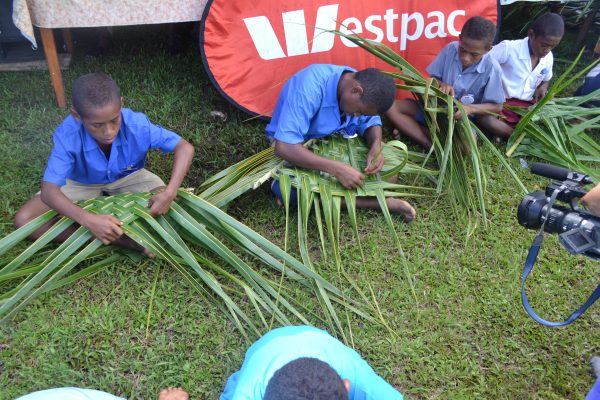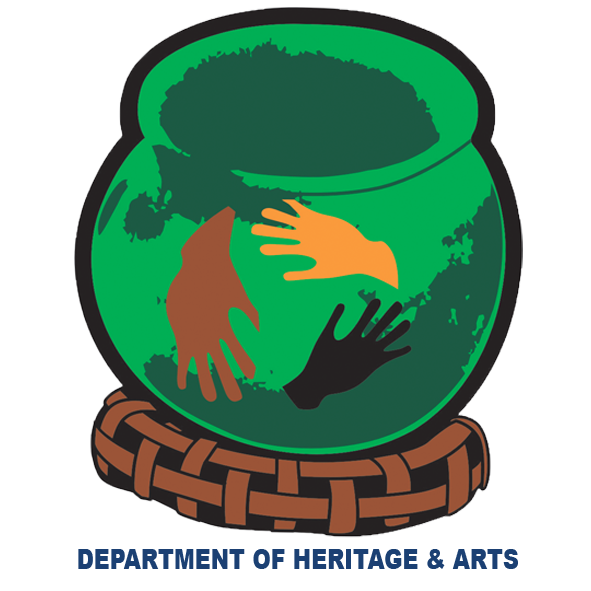Culture is who we are, and what shapes our identity. Placing culture at the heart of development policies is the only way to ensure a human-centred, inclusive and equitable development. (The UNESCO Courier, April-June 2017)
The framework of the Sustainable Development Goals (SDGs) adopted in September 2015 by the United Nations, the international development agenda refers to culture for the first time. This has been glorified by UNESCO as “a matchless recognition”. The safeguarding and promotion of culture is an end in itself, and at the same time, it contributes directly to many of the SDGs — safe and sustainable cities, decent work and economic growth, reduced inequalities, the environment, promoting gender equality and peaceful and inclusive societies. The indirect benefits of culture increased through the culturally-informed and effective implementations of the development goals.
If the SDGs are grouped around the economic, social, and environmental objectives as the three pillars of sustainable development, then culture and creativity contribute to each of these pillars transversally. The economic, social, and environmental dimensions of sustainable development, in turn, contribute to the safeguarding of cultural heritage and nurturing creativity.
Cultural heritage — both tangible and intangible — and creativity are resources that need to be protected and carefully managed. They can serve both as drivers for achieving the SDGs as well as enablers when culture-forward solutions can ensure the success of interventions to achieve the SDGs.
In the Pacific region, culture is engrained in the social fabric of our nations where human creativity, traditional skills and practices are the norms. Such practices, both formal and informal, are the basis of income-generation for many traditional and non-traditional artisans, producers and performers.
Here at the Department of Heritage and Arts, we recognize and appreciate the inclusion at all levels of SDG 2030 Agenda and Cultural Development Unit is bestowed upon the responsibility of promoting, protecting and safeguarding the Culture, Heritage and Arts at all levels beginning from families, schools and communities at large.
The unit is leading a pathway towards documenting Fiji Culture and Education Strategy which will enhance the cultural aspects in the Curriculum. This initiative supports the mainstreaming of cultural in the education curriculum. The integrated culture, heritage and arts in formal education curricula at all levels through the Fiji Cultural and Education strategy as outlined in the 5 and 20 Year National Development Plan.
Furthermore Cultural Festival is an attractive method to instill cultural respect, universal virtues and values in children and the community at large. Past Cultural and Arts festival managed to increase the hype of cultural activity in schools around Fiji.
Also, there is a need in to empower women which is not only their fundamental human rights but necessary foundation for a peaceful, prosperous and sustainable nation. Providing women and girls with equal access to cultural sector needs will fuel sustainable economies and benefit societies and humanity at large. According to NDP subsection 3.1.9 paragraph 3 states, “Fijian government is working towards providing positive and innovative approaches to achieving gender equality and to eliminating discrimination and violence against women …. Resources will be provided to women’s group to support income-generating projects”.
Cultural Development Unit is focused on achieving the above-mentioned goals and contributes towards the governments National Development Plan and its robust approach in meeting the 2030 Sustainable Development Goals.



